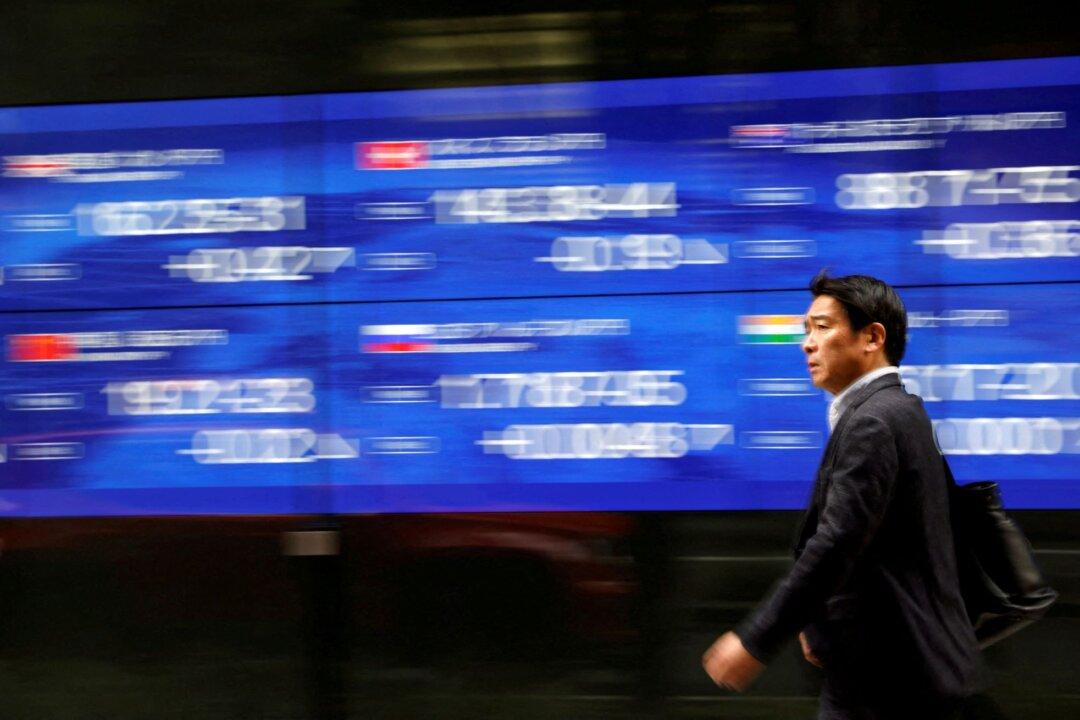London—World stocks slipped on Monday, with weak business activity data and an inconclusive election result in Spain weighing on sentiment in Europe ahead of a central bank-packed week for markets.
German business activity contracted in July, increasing the likelihood of a recession in the second half of the year, the German Flash Composite Purchasing Managers’ Index (PMI) showed.





